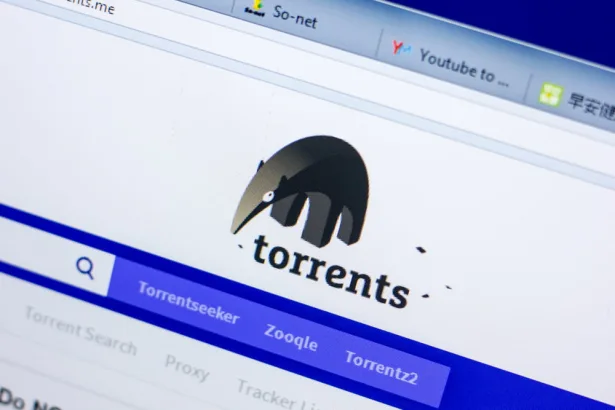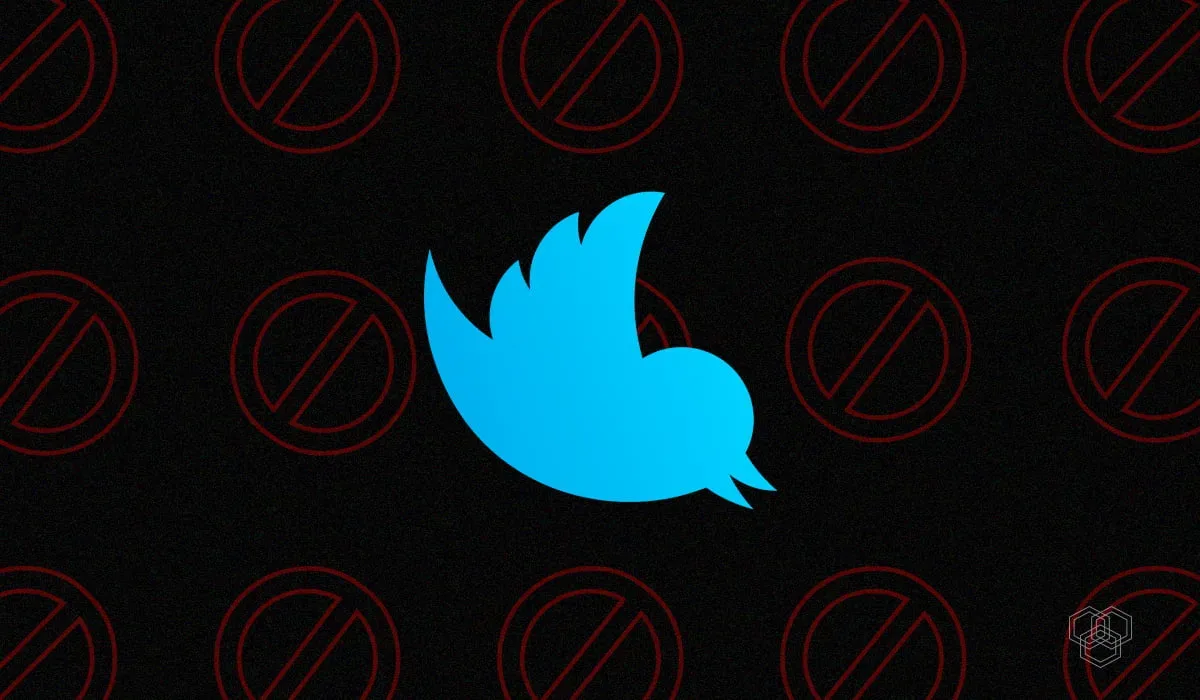Torrents have forever changed the landscape of online file-sharing. Facebook, Twitter, along with a host of other companies (and even the UK government) have or currently use torrents to share large files because it’s just that fast and convenient. It also saves on bandwidth costs, so that’s a big plus.
Independent artists and video makers also use torrents to make their creations available online for promotional purposes. It makes sense, as not everybody has the luxury of getting signed to a publisher. Or maybe they do it out of principle.
Of course, torrenting and other peer-to-peer (P2P) technology have also been used for illegal file-sharing. As a disclaimer, we do not condone this practice. Yet, it’s still an unfortunate fact of life that areas with less powerful economies need to resort to illegal torrenting to gain access to software, learning materials, entertainment, and other media.
Even if you don’t use shady torrent trackers, there are still many dangers in torrenting. Here’s how to avoid them for a safer experience.
Choose Your Torrent Client Carefully
You haven’t even begun torrenting yet, and your torrent client has turned your PC into a cryptocurrency miner. That’s what happened with popular torrent software uTorrent back in 2015. uTorrent forum users accused the providers of bundling the Litecoin miner “Epic Scale” in a silent install (i.e., without an obvious note saying that it will be installed.)
Epic Scale would slow down the system as it used up valuable CPU power in the process. The fact that it was installed without user notice was later proven false. Still, it would help if you never were careless when installing any new software – especially torrent clients. They are regularly bundled with other software with questionable use to the average person (also called bloatware).
It’s also good to be wary of ad-supported software (adware) like uTorrent, as the code behind the ads could be exploited to install malware – putting your system at risk remotely. Microsoft and other anti-malware providers even flagged uTorrent as malware for a while. Try using free, open-source software (FOSS), like qBittorrent or Deluge, instead.
Not only do they not have ads, but since they’re open-source, anybody can inspect the code to make sure any security holes are patched promptly.
Install Decent Anti-Malware
Malicious software could be hiding in the files you download, especially if you use illegal torrent sites. Game of Thrones, one of the most pirated shows in recent history, was the reason for 17% of all piracy-related infections in 2018.
It’s a good idea to have anti-malware installed on your system, regardless of whether you practice piracy or not. Torrent poisoning is a thing, and you never know when it might happen with one of those self-released music albums. Here are some great anti-malware options, just in case.
Use Legal Torrents
Illegal this, illegal that – but where are all those legal torrent sites? No need to go too far; here are a few decent choices:
- BitTorrent Now that offers free music, news, and other media. Just remember to click “I already have a torrent client” when downloading anything – that is, if you followed our advice and went with a FOSS alternative to uTorrent.
- Jamendo – offers streaming and torrent downloads as a way to discover independent artists. You will require a free account to use the download feature, by the way.
- The Internet Archive – one of the largest Internet archiving projects is also a decent legal torrent provider. The site contains many audiobooks, e-books, old movies, and TV shows, and other media that have entered the public domain.
- Public Domain Torrents – mainly for movie buffs looking for old B-movies and other public domain stuff.
Torrent with a VPN
Virtual Private Networks (VPNs) are an all-inclusive security measure for both torrenting and regular browsing. For one, your true IP address is replaced with the one used by the server when you connect to a VPN.
You might know that torrent clients let you see the IP address of everybody currently downloading or seeding the torrent. Well, online strangers can use your IP to find out your location – and while it may be a rare occurrence, why take the risk?
The biggest danger can actually come from your Internet Service Provider (ISP). Without a VPN, an ISP can read your network traffic like an open book, including any torrents you download. It’s already well known that ISPs sell your browsing data (which VPN encryption helps you hide completely, by the way). Therefore, use utorrent with VPN or any other client using a decent VPN.
But getting back to torrenting: if they notice any suspicious downloads from your IP, you might risk:
- Getting your Internet service terminated for breaching your ISP’s Terms of Service.
- Depending on how strict your country’s copyright laws are – being reported to copyright agencies and the potential legal actions that could follow.
So you can see how using a VPN while torrenting is critical to your safety.
Will Any VPN Do?
All VPN providers would care about their users’ privacy and safety over profits in a perfect world. Unfortunately, that can’t be said of most “free” VPNs out there who have been known to:
- Sell your data to third parties (as opposed to your ISP doing the same). As an important side note, make sure the VPN provider you choose has a “no-logs policy” if you don’t want them to keep tabs on your browsing habits.
- Contain aggressive advertising (pop-ups and similar distracting ads). One provider (Hotspot Shield) was even hit with an FTC complaint about it.
- Outright contain malware or does not use encryption at all, the latter of which is an essential VPN feature.
The providers don’t even need to have malicious intentions, but maintaining a VPN service costs a lot. It just so happens that customer data is valuable to the right people, and ads are one of the only solutions to keep a product “free” and still make money.





Really wonderful article.Its helps me a lot and it gives me a lot of knowledge related to Torrent.It provides me a perfect information.I also write a blog on different games, accessories and consoles and gaming laptops.If you need any information related to any category or specially for Acer Gaming Monitor you may visit my site.
Hi, if I use the vpn to access the torrent website and than after clicking download and opening my Utorrent I just switch to my normal internet, is it enough or the whole process of downloading the file should be made via vpn? Also I use the free VPN called Windscribe with 10GB per month, any opinions on it? Thx in advance
Hey this is a very late reply so hopefully this reaches you if you plan to continue torrenting:
No you should keep your VPN turned on for the entire process(on the website, and until the download is complete). When downloading your torrent that is when you’re broadcasting your IP to everyone.
I’m not familiar with Windscribe – but you should keep away from any free VPN as they will often times collect data on the activity that you’re doing(this is how they make their $ if you’re not subscribed). If you’re using any VPN which collects and pools your network traffic, then it defeats the purpose of using a VPN.